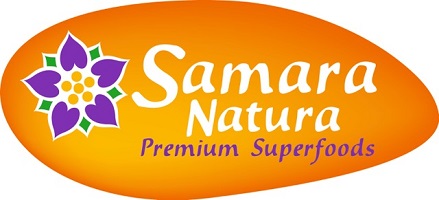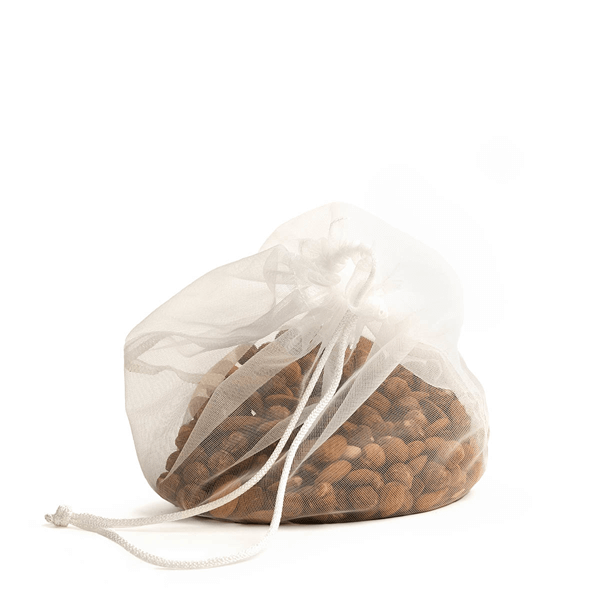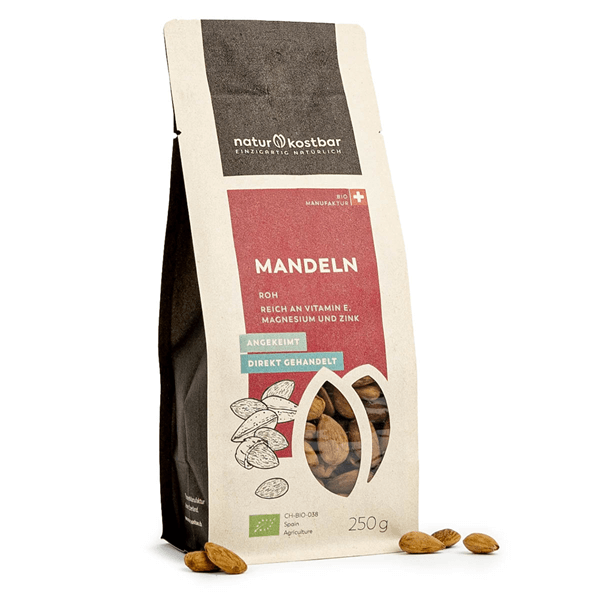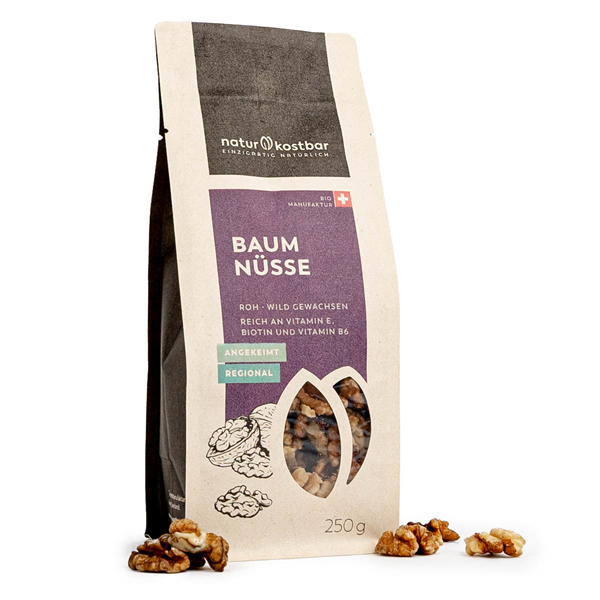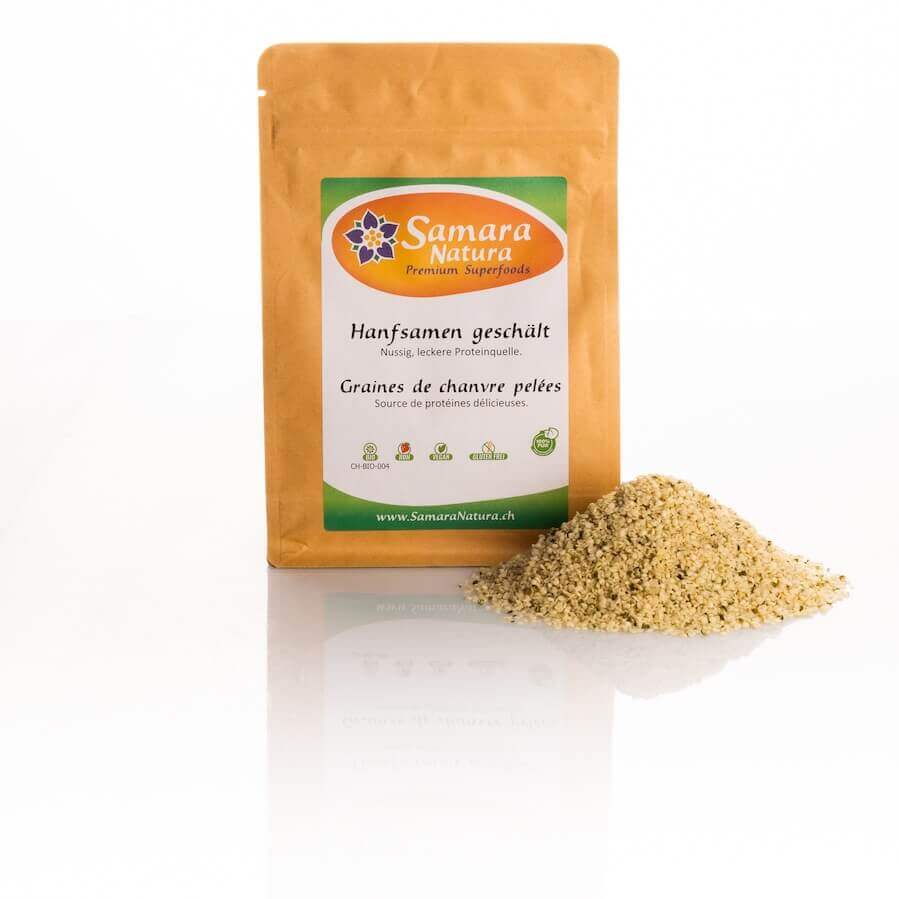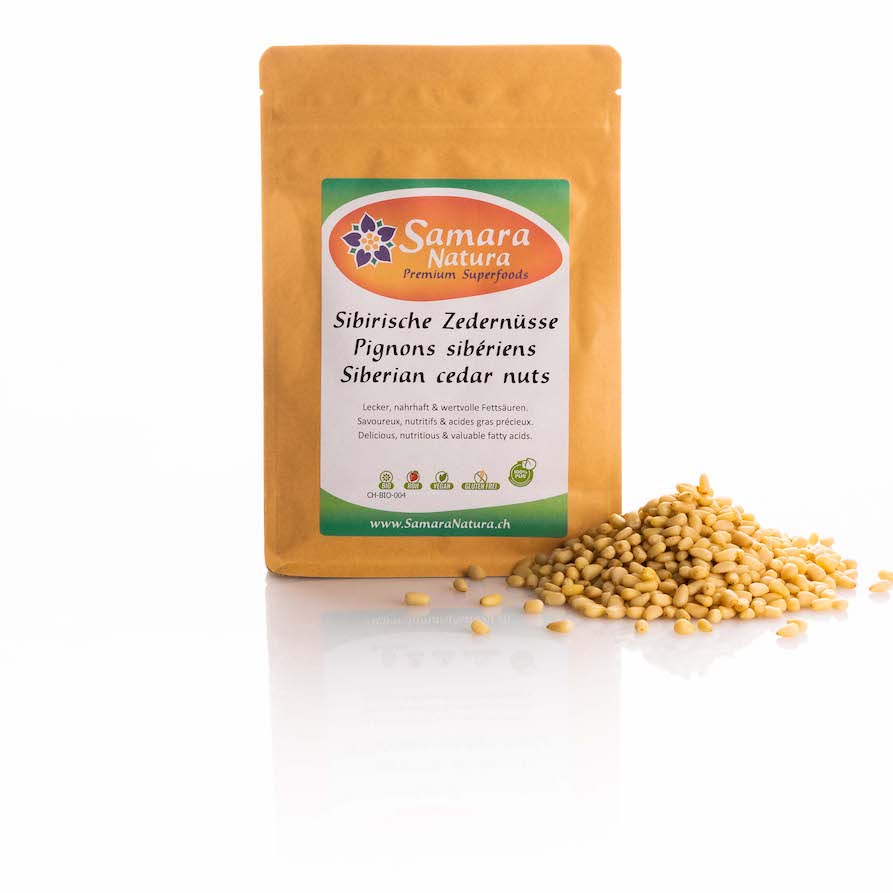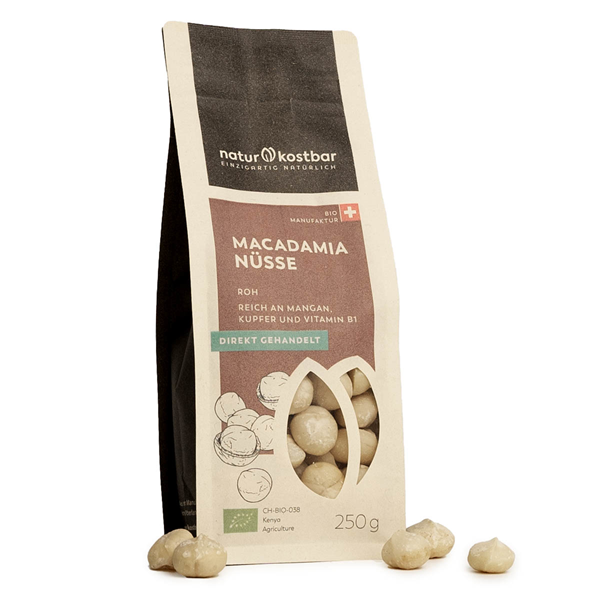| Quantity | Unit price |
|---|---|
| To 2 |
CHF 15.00*
|
| From 3 |
CHF 14.25*
|
Available, delivery time: 1-4 days
Product information "Nussmilchsack"
High-quality nylon nut milk bag
Making your own nut milk is actually quite simple. Hazelnuts, almonds, macadamia nuts, cashews and even sesame or hemp seeds (shelled or unshelled) are suitable.
We have a large selection of natural and sprouted nuts in our range. It's best to just try it out - the proof of the pudding is in the eating!
Advantages and disadvantages of fresh nut milk
Freshly prepared nut milk is not only very tasty, but also a source of vitamins, minerals, enzymes, unsaturated fatty acids and antioxidants.
As fresh nut milk contains no additives and is not pasteurised, it spoils after just 24 hours in the fridge. We therefore recommend that you only ever make small quantities.
Origin of nut milk bag
The high-quality Naturkostbar nut milk bag comes from a small business in Arizona. Two friends - Karla and Elaina - developed and sewed the first nut milk bag for their raw food events here in 1999. They simplified the extraction of nut milk, as the dripping and handling with cheesecloth was understandably too cumbersome for them. Karla has been producing the high-quality nut milk bags in her sewing workshop with a lot of love and high quality standards ever since. Elaina's company sells the products.
What material is the nut milk bag made of?
The nut milk bag is made of nylon.
How do I use the nut milk bag?
For making nut milk:
- Soak one to two cups of nuts in fresh water overnight.
Soaking produces enzymes (phytases) that break down the phytic acid, making the nuts easier to digest. - Pour away the soaking water and rinse the nuts briefly.
- Blend the nuts with 2-3 cups of fresh water.
The more powerful the blender, the better. - Drain the blended mixture through the nut milk bag into a pan and squeeze gently.
You can dry the fibre remaining in the nut milk bag and process it into nut flour using the blender. Wrap the flour in an airtight container and store it in the fridge. It is suitable as a high-fibre ingredient for cakes, biscuits, crepes, etc.
Login
